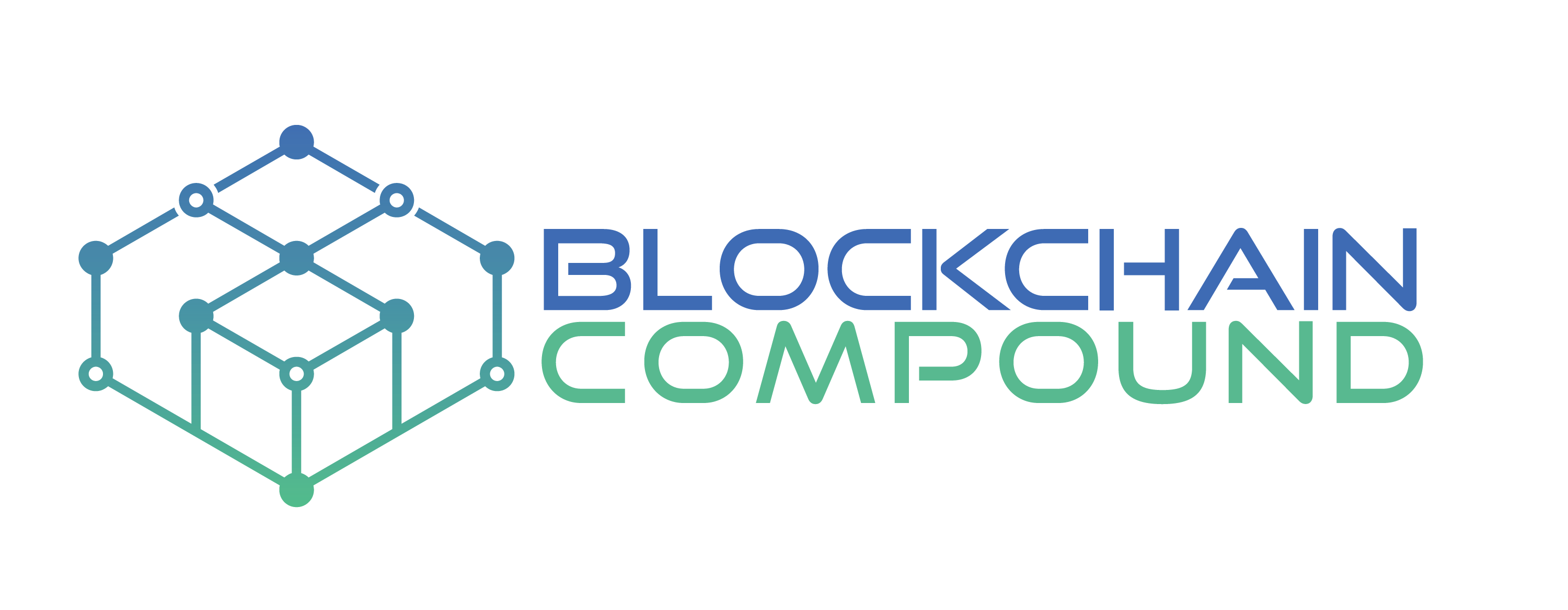Please keep in mind that this article is for information purposes only and by no means financial advice. Please always do your own research.
Cryptocurrency exchanges are online platforms that allow users to buy, sell, and trade cryptocurrencies for other assets, such as fiat currency or other cryptocurrencies. They serve as marketplaces for traders to buy and sell cryptocurrencies at market-driven prices. Exchanges may be centralized or decentralized, and they often offer a variety of trading tools and features to help users manage their investments. It’s important to choose a reputable and secure exchange, as the safety and security of the exchange can impact the safety and security of your cryptocurrency holdings.
It is important to note that in the United States, all cryptocurrency exchanges and users are subject to reporting requirements and regulations enforced by the IRS. The IRS has issued guidance on cryptocurrency taxation, and failure to comply with reporting requirements can result in penalties and legal consequences. It is important for anyone dealing with cryptocurrencies to educate themselves on their tax obligations and seek the advice of a qualified tax professional.
Under U.S. tax law, all U.S. citizens, residents, and businesses are required to report their worldwide income, including any gains from cryptocurrency trading, to the IRS. This means that even if you use an international cryptocurrency exchange, you are still required to report your transactions and any resulting gains or losses to the IRS.
Many international exchanges may also have their own reporting requirements and may be subject to regulations in their home countries. It’s important to understand the reporting requirements of any exchange you use and to maintain accurate records of your cryptocurrency transactions. Seeking the advice of a qualified tax professional can also help ensure that you are in compliance with all relevant regulations and requirements.
The safety, security, and reputation of an exchange are critical factors to consider. With that said here is a list of the top exchanges located outside of the United States.
- Binance: one of the largest cryptocurrency exchanges in the world, offering a wide range of trading pairs and products.
- Bitfinex: a popular exchange with advanced trading features and margin trading options.
- Huobi: a cryptocurrency exchange based in Singapore, offering a variety of trading options and services.
- Kraken: a US-based exchange that also operates in many other countries, offering a wide range of trading pairs and margin trading options.
- Bitstamp: a Europe-based exchange with a focus on security and compliance, offering trading in several major cryptocurrencies.
Centralized vs Decentralized Exchanges
Centralized exchanges (CEXs) and decentralized exchanges (DEXs) are two different types of cryptocurrency exchanges.
CEXs are operated by a centralized entity and require users to deposit their funds onto the exchange’s platform. They typically offer a wider range of trading pairs, advanced trading features, and high liquidity. However, because they are centralized, they may be more vulnerable to hacks, scams, and regulatory issues.
DEXs, on the other hand, are decentralized and operate on a peer-to-peer basis. Users maintain control over their funds, which are stored in their own wallets rather than on the exchange’s platform. DEXs are often more secure and resistant to hacks and scams because there is no central point of failure. However, they may have lower liquidity, fewer trading pairs, and may require more technical knowledge to use.
Both CEXs and DEXs have their own advantages and disadvantages, and it’s important to carefully consider which type of exchange is right for you based on your needs and risk tolerance. It’s also important to do your own research and choose a reputable and secure exchange, regardless of whether it is centralized or decentralized.
Benefits of Centralized Exchanges
Centralized exchanges (CEXs) offer several benefits over decentralized exchanges (DEXs), which can make them a more appealing option for some traders. Here are some potential benefits of using a centralized exchange:
- High liquidity: CEXs tend to have higher liquidity than DEXs, meaning that there are more buyers and sellers on the platform, which can make it easier to buy and sell cryptocurrencies at market-driven prices.
- More trading pairs and features: CEXs usually offer a wider range of trading pairs and advanced trading features, such as margin trading and stop-loss orders.
- Easier to use: CEXs typically have a more user-friendly interface, which can make them more accessible to beginner traders.
- Customer support: CEXs often have a customer support team that can assist with any issues or questions that may arise.
- Regulatory compliance: Some CEXs are regulated by government bodies, which can help provide a level of security and oversight for users.
Disadvantages
It’s worth noting that there are also potential drawbacks to using a centralized exchange, such as the risk of hacks, scams, and data breaches.
Benefits of Decentralized Exchanges
Decentralized exchanges (DEXs) offer several benefits over centralized exchanges (CEXs), which can make them a more appealing option for some traders. Here are some potential benefits of using a decentralized exchange:
- Increased security: DEXs are less vulnerable to hacks and other security breaches because they do not rely on a central authority to hold and manage user funds. Instead, users maintain control over their funds in their own wallets, and all transactions are executed on the blockchain.
- Privacy: DEXs do not require users to provide personal information or go through a Know-Your-Customer (KYC) verification process, which can help preserve users’ privacy.
- Openness and transparency: DEXs are open source, meaning that their code is publicly available for anyone to review and audit. This helps increase trust and transparency in the platform.
- No downtime: DEXs operate on a peer-to-peer basis, which means that they are not subject to downtime or outages caused by a central point of failure.
- Decentralization: DEXs are more decentralized than CEXs, which can help reduce the risk of market manipulation or centralization of power.
Disadvantages
Of course as with everything there are also potential drawbacks to using a decentralized exchange, such as lower liquidity, fewer trading pairs, and a more complex user interface. Additionally, the lack of regulation and oversight can make DEXs more susceptible to scams and fraud.
KYC Verification – Know Your Customer
KYC (Know Your Customer) verification is a process used by financial institutions, including cryptocurrency exchanges, to verify the identities of their customers. KYC verification typically involves collecting and verifying personal information and documentation from customers, such as government-issued IDs, proof of address, and sometimes even biometric data.
The purpose of KYC verification is to prevent fraud, money laundering, and other illegal activities by ensuring that customers are who they say they are and that they are using legitimate sources of funds. By collecting and verifying personal information, exchanges can ensure that they comply with regulatory requirements and can help prevent illegal activities that could harm their business or reputation.
While KYC verification may be seen as an inconvenience to some users, it is an important measure to help ensure the safety and security of the exchange and its users. It can also help prevent the exchange from being used for illegal activities, which can ultimately benefit the wider cryptocurrency ecosystem.
Some decentralized exchanges (DEXs) may not require KYC verification, as they operate on a peer-to-peer basis and do not hold customer funds. However, it is important to note that DEXs may have different risks and limitations compared to centralized exchanges, and users should exercise caution and research any platform before using it.
It’s also worth noting that the regulatory environment around cryptocurrencies is constantly evolving, and some countries may introduce new regulations or enforcement measures that could impact cryptocurrency exchanges and their policies. It’s important to stay informed and comply with all relevant laws and regulations in your jurisdiction.




